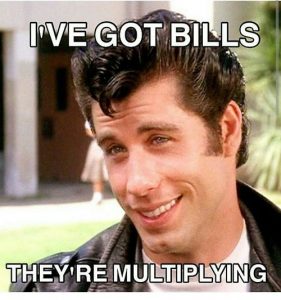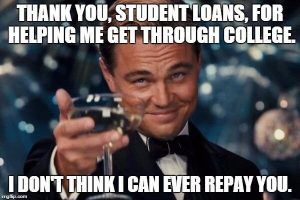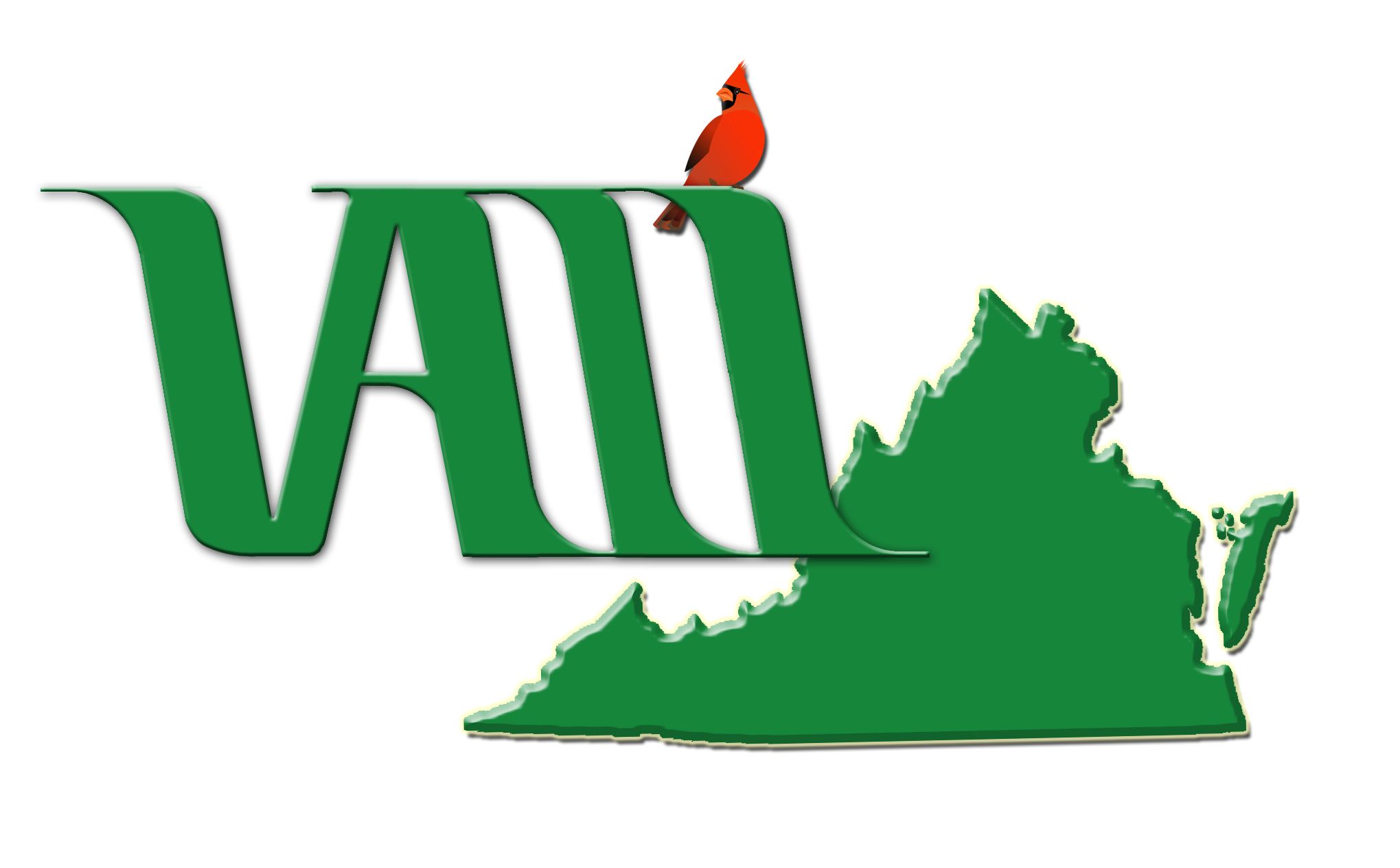Guest post by: Maureen Moran, Research & Faculty Services Librarian, Richmond School of Law
Ah, student loans. They both make your dreams possible and limit your possibilities when it comes time to repay them. Fortunately for those of you who work in or are interested in public interest organizations, government service, nonprofits, nonprofit education, or other qualifying employment, the federal government will forgive the remaining balance of your eligible federal loans after you make 120 qualifying payments on a qualifying payment plan while working full-time for a qualifying employer.
That's a lot of qualifying!
If it sounds onerous, it's not really all that bad. First, you're going to be paying anyway. Second, if you do an income-driven repayment plan (IDR), you will have low monthly payments that will still count toward the 120 qualifying payments, and then your balance will be forgiven after at least ten years (and the forgiven balance won't be considered taxable income).

The first step that Federal Student Aid or your loan servicer asks you to do is use the PSLF help tool to fill out the Public Service Loan Forgiveness (PSLF) and Temporary Expanded Public Service Loan Forgiveness (TEPSLF) certification and application, even if you're just asking your employer to certify your qualifying employment. There's a guide to the Help Tool (which has not been updated to reflect TEPSLF and changes due to Covid-19) called "Become a PSLF Help Tool Ninja" that will help you understand those changes even though the Help Tool lags behind.
Some of the changes that were brought in with Covid-19: even though all federal loans were put on forbearance, suspended monthly payments were still credited toward the 120 payments. In addition, under TEPSLF, there is a temporary waiver in place on the requirement that you must be working full-time in a qualifying position at the time your application is submitted.
I've been working in law school libraries for a while now, and when I was asked to write this post, I realized that I was getting close to 120 payments and I should probably start the process of certification so that when I do hit my payments, I can cut down on the number of hoops I have to jump through. However, when I looked at the qualifications (there's that word again), because I had been on a standard repayment plan and not an IDR, I wouldn't be eligible. Except that there's now a limited-time waiver in place that allows me to credit all those standard payments (and suspended payments) toward PSLF. This waiver also expands the kinds of loans that qualify as well.

One thing I noticed is that when I used the help tool at Federal Student Aid, it just assumed that I had never made any payments at all and told me that PSLF was not going to be much help, as I'd have my balance paid off in ten years anyhow. I'm guessing that this is due to the tool not having integrated the Covid-19 changes, because under the waiver, all my prior standard payments and suspended payments under qualified employment should count toward the 120.
When you use the tool, you wind up with a certification/application form to send to your employer for a wet signature; this must then be either mailed, faxed, or scanned and emailed to Federal Student Aid. I had to ask both my current and former employer for certification, and the process was pretty easy; I just completed my part of the form, signed in ink, scanned it, and sent it to HR at each employer. They verified my employment, signed, scanned, and sent it back. Now I just need to submit the forms. Federal Student Aid recommends doing the certification on a yearly basis.
And that's pretty much the process. The limited waiver requires consolidation or certification by October 31, 2022. I think I'm going to certify now and then switch to an IDR so that when my loans start up again in January, I can just continue under the old requirements, since I likely won't have 120 payments in another year.
But it looks like the Department of Education has made this all pretty easy.
- Maureen Moran
Originally published in: MuseNews, October 28, 2022
